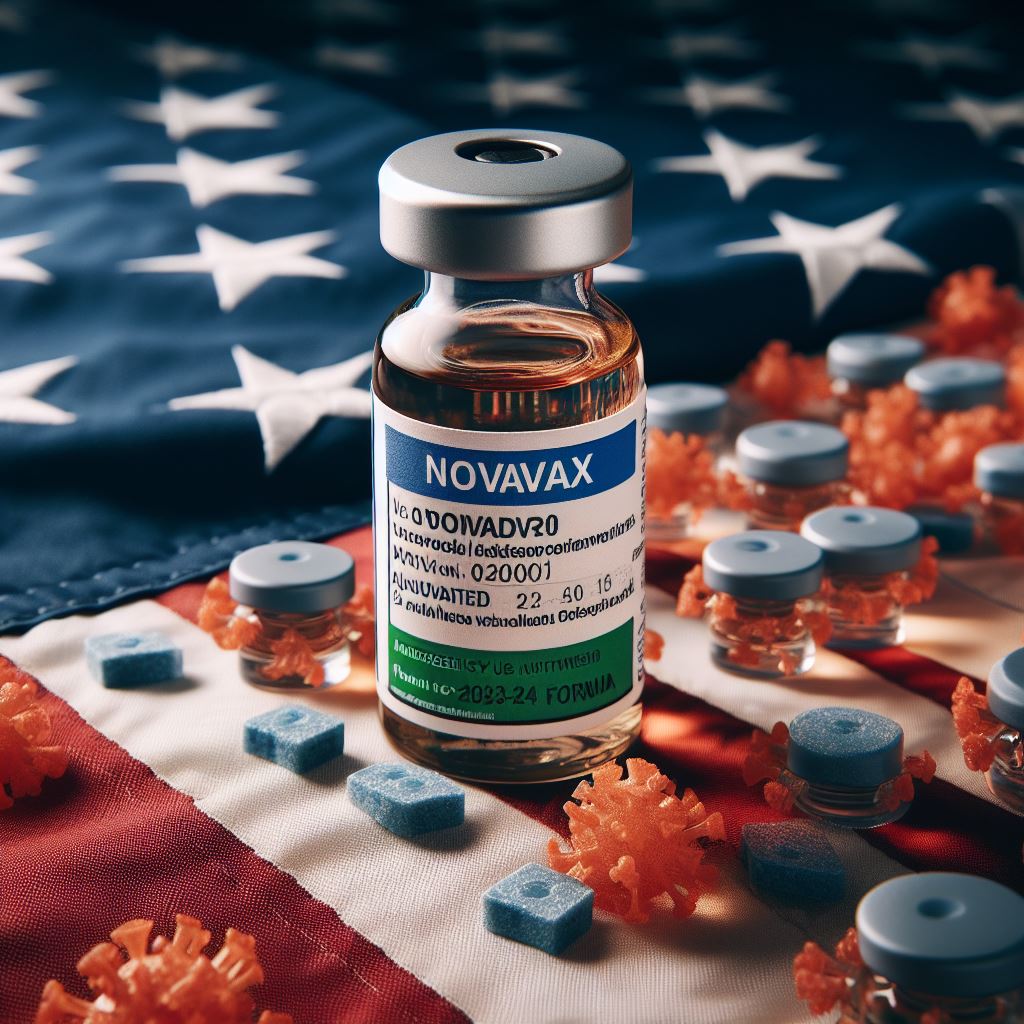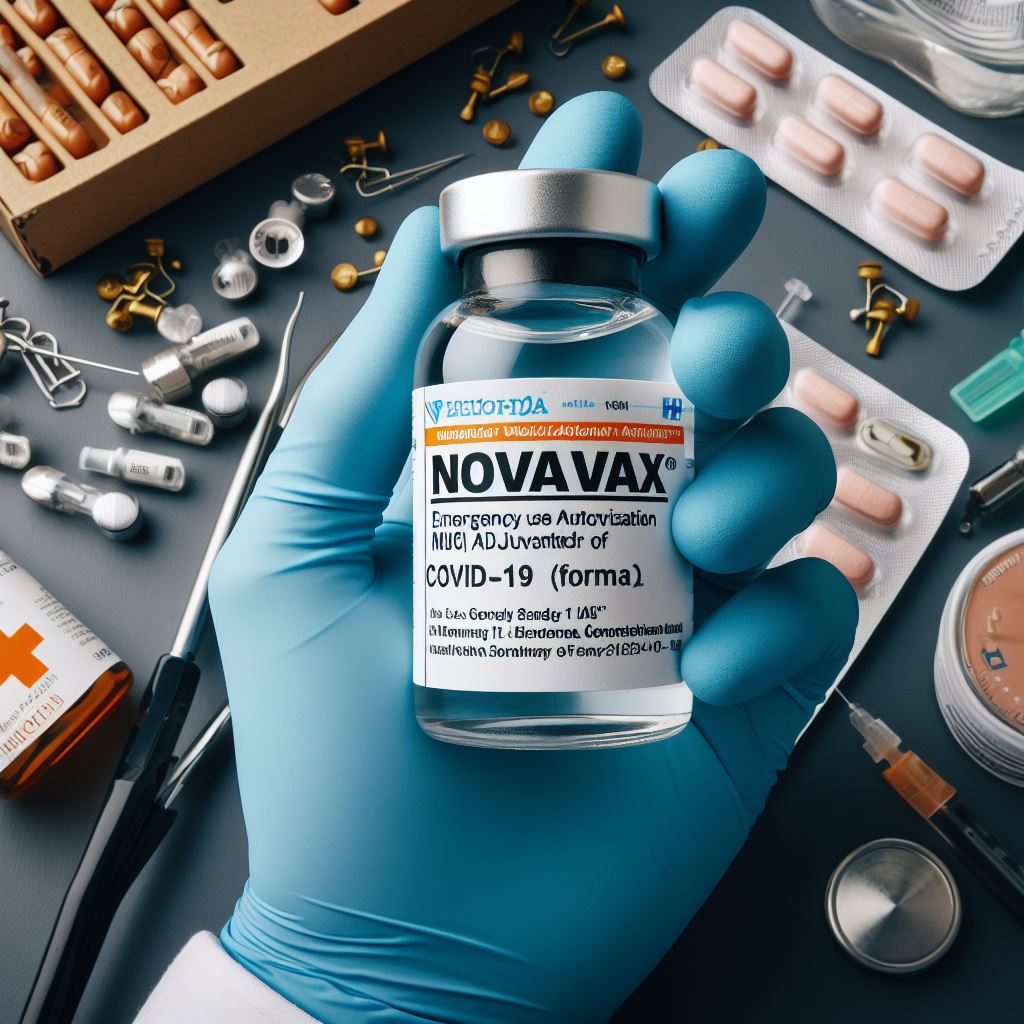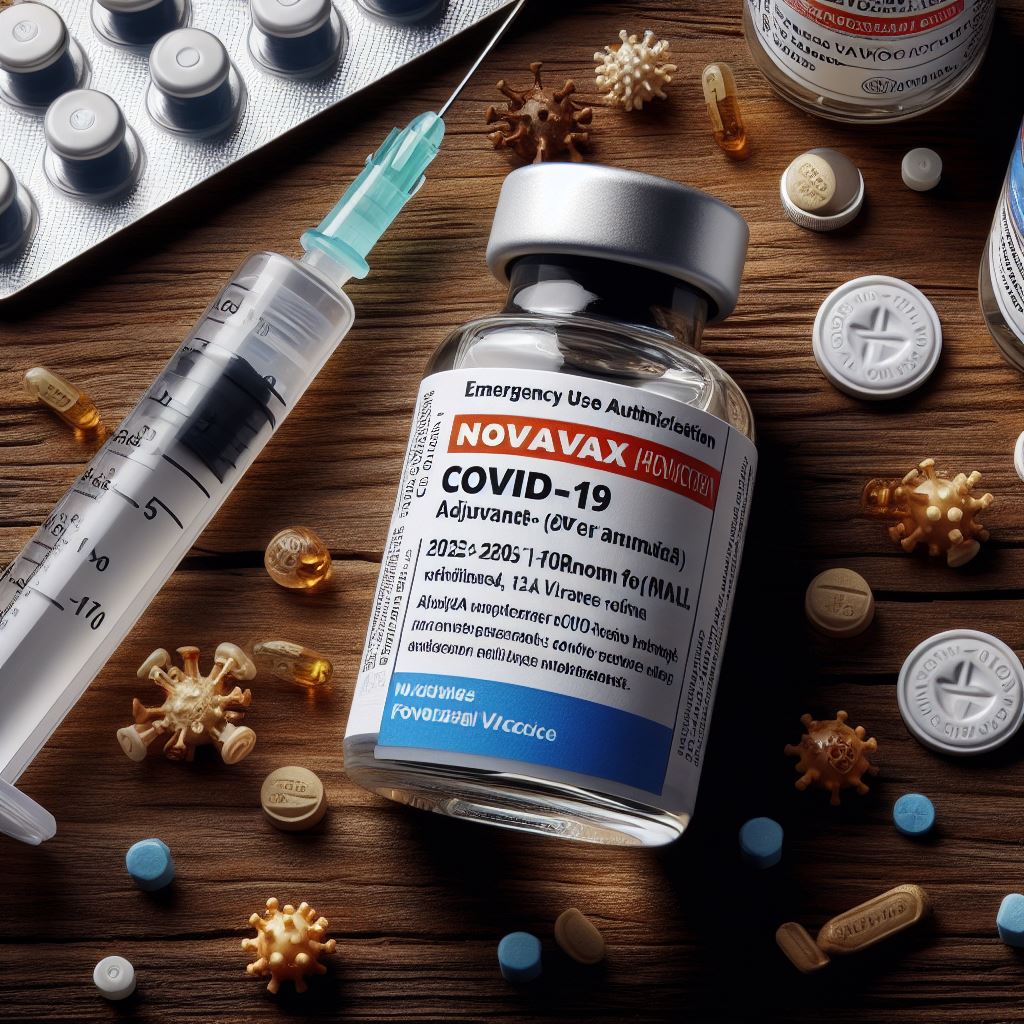
An In-depth Analysis of the FDA's Recent Amendment to the EUA for Novavax COVID-19 Vaccine
Date
10/04/2023Date
TechnologyAbstract
The U.S. Food and Drug Administration (FDA) recently updated the Emergency Use Authorization (EUA) for the Novavax COVID-19 Vaccine to include the 2023-2024 formula. This essay aims to dissect this crucial development, focusing on its significance, the scientific basis, and what it means for public health.
Introduction
The COVID-19 pandemic has imposed unprecedented challenges on global health systems. In response, various vaccines have been developed and authorized for emergency use, including the Novavax COVID-19 Vaccine. The FDA's recent amendment to include the 2023-2024 formula represents a pivotal moment in the fight against the pandemic.

The 2023-2024 Formula
The updated formula incorporates the spike protein from the SARS-CoV-2 omicron variant lineage XBB.1.5. It is designed to offer enhanced protection against the currently circulating variants, aiming to reduce the rates of hospitalization and mortality.
FDA Evaluation Process
The FDA conducted a multi-faceted evaluation to authorize the updated formula. This included manufacturing data, non-clinical immune response data, and results from clinical trials of the original and investigational Novavax vaccines. Postmarketing data was also considered to assess the vaccine's safety and efficacy.

Comparative Analysis with Other Vaccines
The FDA has also authorized updated mRNA COVID-19 vaccines by ModernaTX Inc. and Pfizer Inc. for the 2023-2024 season. A comparative analysis of these vaccines against the Novavax vaccine would provide valuable insights into their relative efficacies.
Legal and Ethical Considerations
The FDA determined that the known and potential benefits of the updated Novavax vaccine outweigh its known and potential risks for individuals aged 12 and older. This satisfies the statutory criteria for the issuance of an EUA, thereby legally validating its use.

Conclusion
The FDA’s recent amendment of the EUA for the Novavax COVID-19 vaccine is a significant advancement in the ongoing battle against the pandemic. The updated formula is expected to be more effective against the current variants, although continuous monitoring and research are essential for ensuring its long-term safety and efficacy.